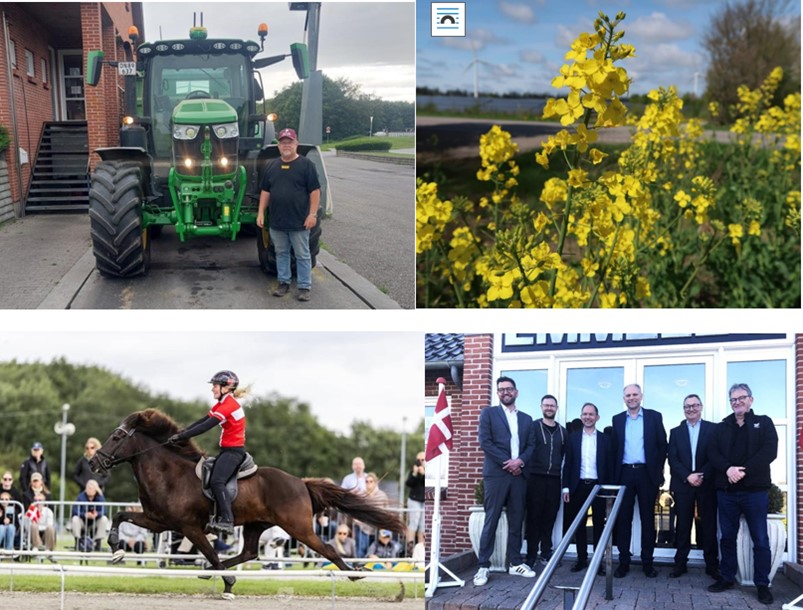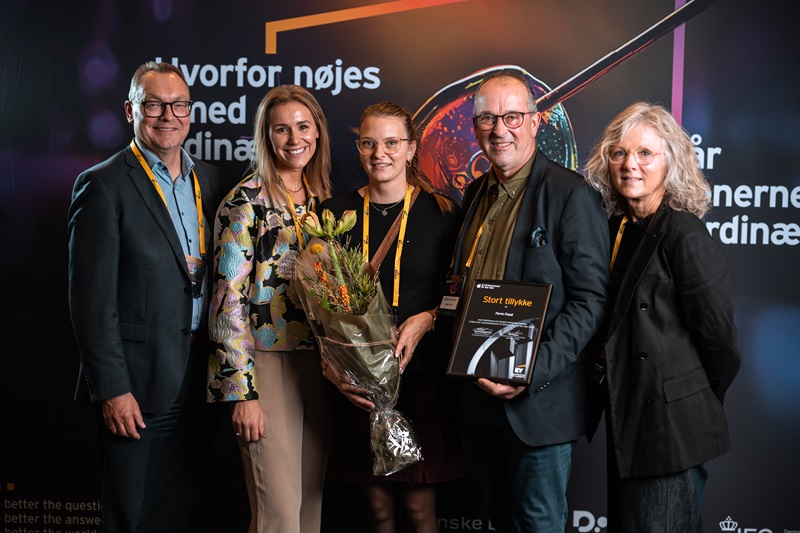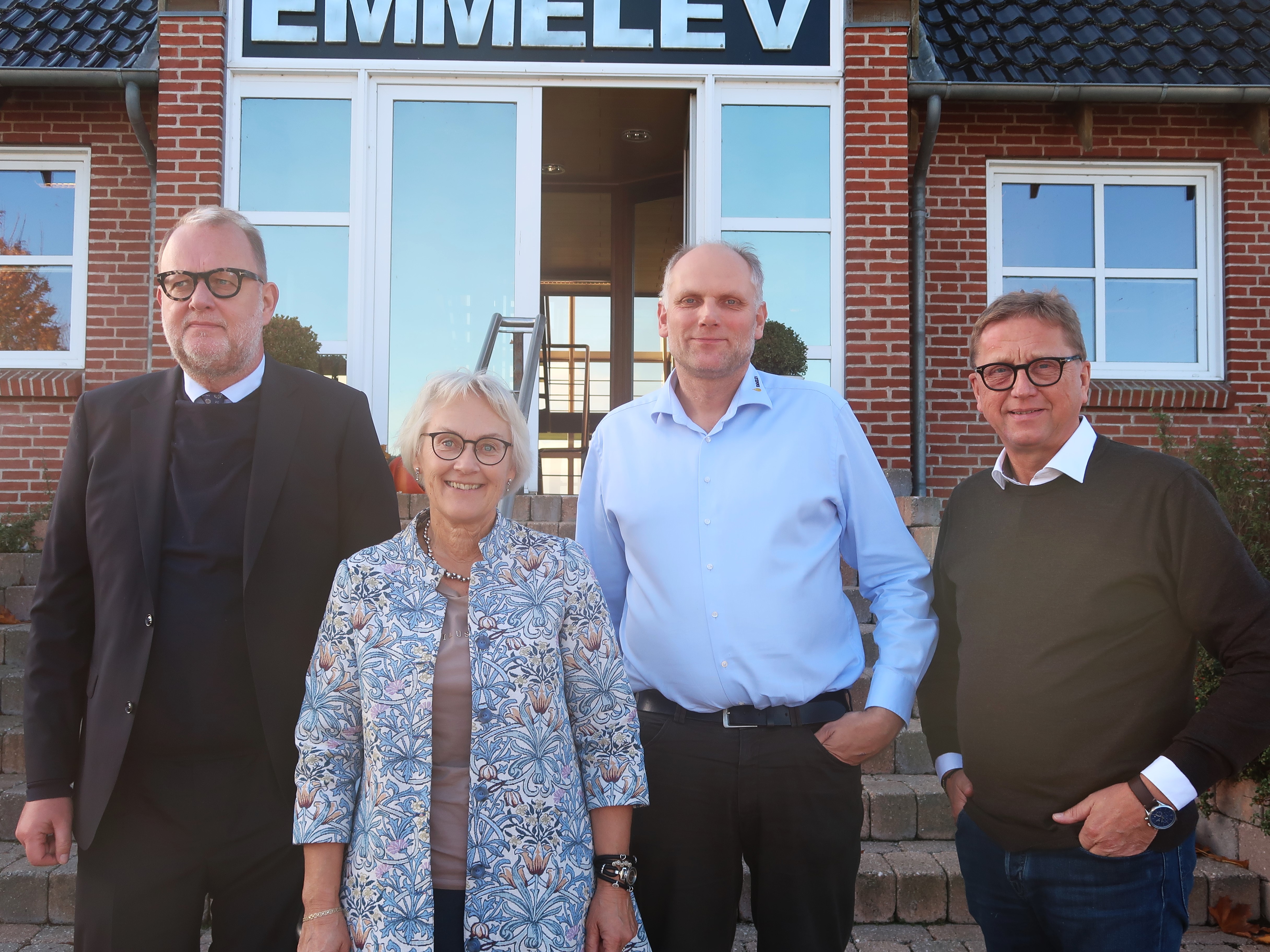Emmelev sent a busload of interested people to a conference on plant-based food ingredients, and the participants had a good experience.
Emmelev was there, and so were a number of companies, officials, experts and politicians, including the Minister of Food, when the focus was put on food ingredients based on plants the other day at a conference in the Folketinget in Christiansborg. Early in the morning, a bus full of interested people left from Emmelev on Nordfyn and was ready in the Common Hall at Christiansborg when the conference opened. They witnessed the exchange of lots of knowledge as well as a beginning debate about a future strategy for development in the area. It was agreed that the plant-based food ingredients are access to development and innovation.Denmark has a significant ingredients sector, which has a turnover of over DKK 55 billion. kroner per year with a large export around the globe.
One of the food ingredient companies is Ferm Food, which Emmelev bought into at the turn of the year with a 25 percent stake.
And precisely Ferm Food and Emmelev A/S played a role at the conference, which was organized by Landbrug & Fødeverer and Dakofo and had the title: "How Denmark realizes the potential of plant-based food ingredients".
FERM FOOD ApS has spent a number of years developing a special fermentation technology for the production of food ingredients from plants and grains. The partnership was entered into after a longer test phase based on betting on rapeseed protein for food.
There were many good posts - i.a. from Jakob Lave, who mentioned the great potential in rapeseed and grass proteins. Michael Stevns emphasized that it is not enough to say "eat plants". We must have visions and goals and allocate funds for research and development, he believed.
Jens Legarth from Ferm Food talked about the huge potential that can be found in rapeseed and fermentation. Jacob Bagge Hansen talked about the potato's many possibilities and all the processed foods that contain potato starch. The potato protein is also important, as it can be included in many foods, but it is all about bringing out the good taste.
Christian Høegh-Andersen focused on the EU and Ursula von der Leyen's ambitions for strong food production in the EU.
Politicians Ida Auken, Rasmus Nordqvist and Erling Bonnesen concluded by discussing the future of plant-based development. There was great recognition of the innovation taking place in the food cluster, and it was emphasized that we in Denmark must jointly influence our European colleagues.
Among the participants was Food Minister Jacob Jensen, and this shows something about how much support there is. In connection with the climate problem, it may be obvious to invest in plant-based foods, which both have a lower climate footprint and require far less land. With an added bonus in the form of less import of soy from South America. So the conclusion could also honor that the plant-based foods become part of the climate solution.
Good enough, the potential in ingredient foods is great with increasing global demand, but the area is also challenged by, among other things, the current EU legislation and strong competition from international players, inform L&F and Dakofo.





